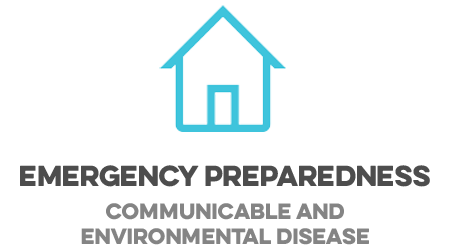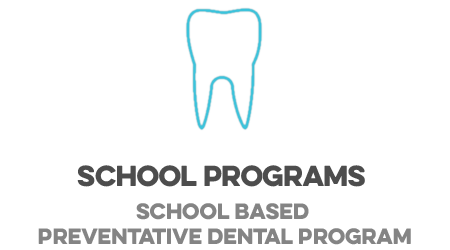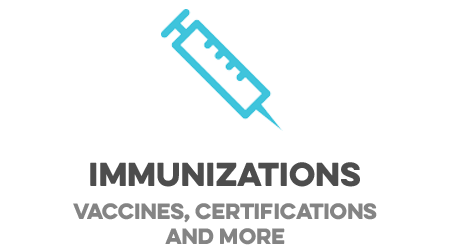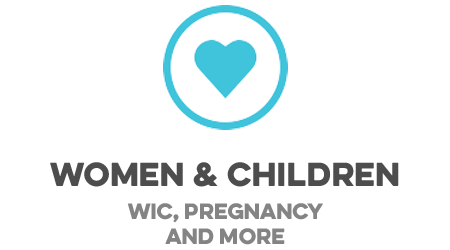Trauma Informed Care
DEFINING TRAUMA
Trauma results from exposure to events that are emotionally disturbing and causes lasting adverse effects on the individual’s mental, physical, social, emotional, and/or spiritual well-being.
Experiences that may be traumatic include:
- Physical, sexual, and emotional abuse
- Childhood neglect
- Living with a family member with mental health or substance use disorders
- Sudden, unexplained separation from a loved one
- Poverty
- Racism, discrimination, and oppression
- Violence in the community, war, or terrorism
Although trauma can occur at any age, it has particularly debilitating long-term effects on children’s developing brains. Often referred to as adverse childhood experiences (ACEs), exposure to these experiences is common across all sectors of society.
What Is Child Traumatic Stress?
Children who suffer from child traumatic stress are those who have been exposed to one or more traumas over the course of their lives and develop reactions that persist and affect their daily lives after the events have ended. Traumatic reactions can include a variety of responses, such as intense and ongoing emotional upset, depressive symptoms or anxiety, behavioral changes, difficulties with self-regulation, problems relating to others or forming attachments, regression or loss of previously acquired skills, attention and academic difficulties, nightmares, difficulty sleeping and eating, and physical symptoms, such as aches and pains. Older children may use drugs or alcohol, behave in risky ways, or engage in unhealthy sexual activity.
How does trauma affect neurobiology and the physical development of children?
In the first 1,000 days of life, children’s brains are in a critical period of development. Trauma can negatively impact areas in the brain responsible for cognitive functions, such as short-term memory and emotional regulation. This is due in part to the fact that the body regulates stress through the release of two critical hormones: cortisol and adrenaline. Exposure to these stress hormones plays an important role in keeping people safe during times of danger; however, repeated or prolonged exposure is associated with poorer early childhood brain development.
What does experiencing childhood trauma mean for adults?
Adults who experienced trauma in childhood are often “wired” differently than those who did not. Their brains, primed to deal with nearly constant stress, can struggle to respond appropriately to situations that would otherwise appear normal and non-threatening. This partly explains why many adult trauma survivors struggle with depression, anxiety, and other issues related to emotional regulation. These resulting mental health issues can contribute to long-term difficulties maintaining healthy relationships, and lead to problems at school and/or work.
How is the Sullivan County Regional Health Department committing to Trauma Informed Care?
It is preferred for candidates to have knowledge of trauma, the Adverse Childhood Experiences study (ACEs) resilience, and the effect of trauma on individuals. Employees at SCRHD serve to support trauma responsive workplace practices and an effective service delivery to those who are trauma survivors. SCRHD has made a commitment to promoting trauma informed care. This includes helping all employees develop an understanding of trauma and how it affects individuals as well as patients. We are learning to incorporate an understanding about trauma into our work with clients and with each other.
Sources: About Child Trauma | The National Child Traumatic Stress Network (nctsn.org)
What is Trauma? – Trauma-Informed Care Implementation Resource Center (chcs.org)









